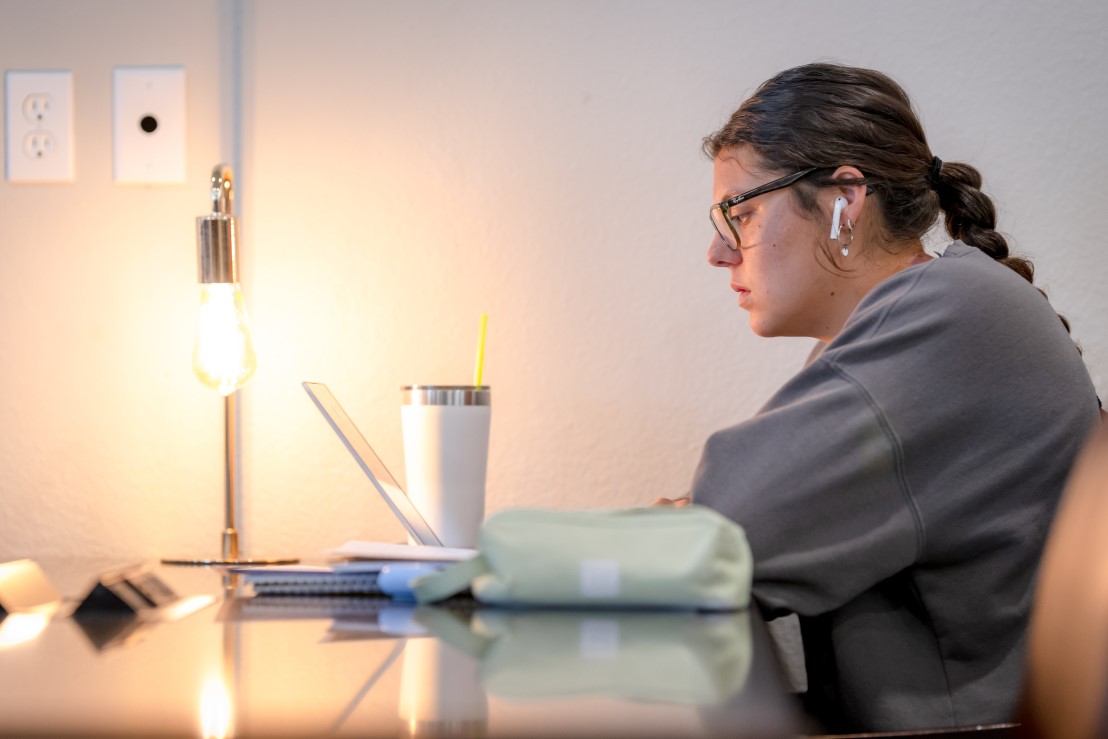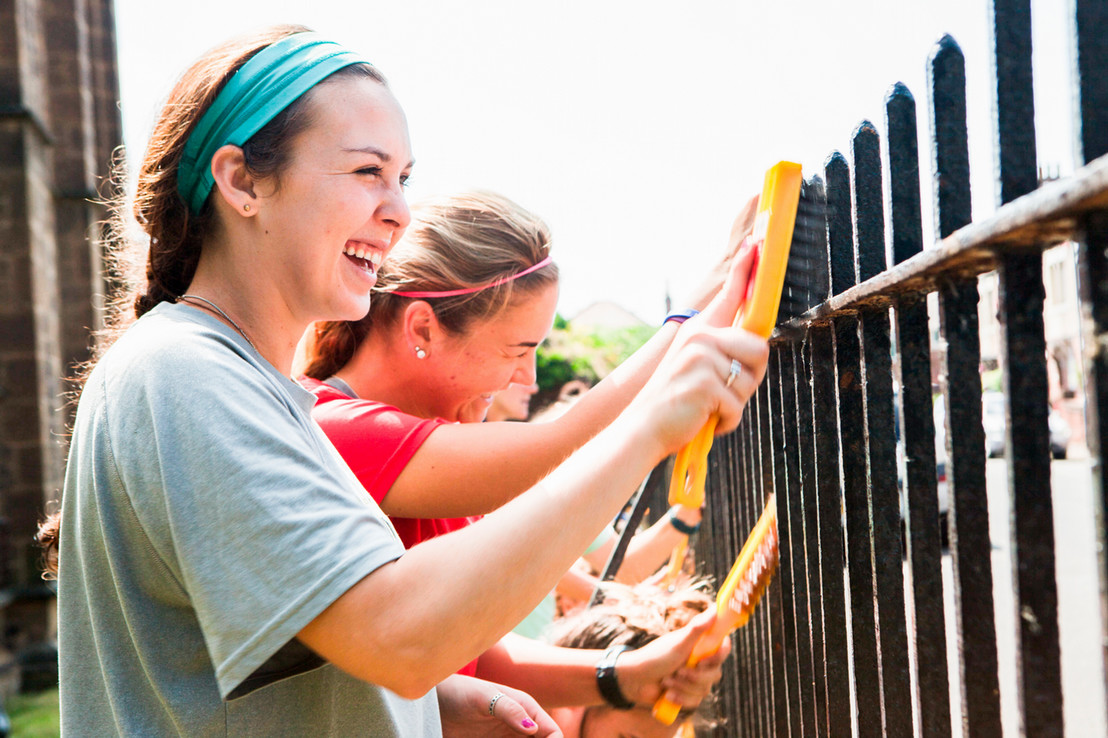7 Strategies for College Students to Prevent Procrastination

Procrastination is not only a common issue for college students but also something that continues to plague us throughout our lives. That's why it can be so helpful to begin putting practices into place during your college years to establish productive practices and learn to manage procrastination.
Procrastination Is a Problem for Most College Students
You're not alone if you find yourself on Team Procrastinate. Research has shown that around 50% of college students procrastinate consistently and chronically, while 80% to 95% of college students procrastinate to some degree. This comes with potential consequences! The same study showed that procrastination can decrease academic performance across assignments, final exams, and GPA, which you don't want.
7 Strategies to Try
Managing procrastination will help you in many ways, from mental health to academic success. Here are seven strategies you can implement to reduce procrastination.
1. Start Small
College students procrastinate because assignments or studying can feel overwhelming — and knowing where to start is difficult. But often, the anticipation of a task is worse than actually doing it! That's why starting small can be so helpful to reduce anxiety and make the work feel more approachable and doable. Whether it is studying in 15-minute or 30-minute increments or writing one page or section of a paper at a time, the important thing is to dive in.
Shorter, more spaced-out study and work sessions may improve your grades, too. According to psychologists at the University of California, San Diego, spaced or distributed practice helps ensure you'll learn more information and retain it longer than one cram session.
2. Make a Schedule
In college, you're taking multiple classes with many assignments, papers, tests, and more — all with different due dates and deadlines. It can be overwhelming and challenging to keep track of it all, which can trigger a procrastination mindset. Take some initial time to plan and put your deadlines on a calendar or organization support tool or app. Then, schedule time to write each section of that paper and prioritize more spaced-out study sessions so you're not cramming at the last minute.
3. Eliminate Distractions
Distractions like TV, social media, texts, and more can easily derail the best-laid plans to study or work on an assignment. Even if you don't actively respond to a message or open TikTok, every time you see your phone light up with a notification, it shifts your focus. Try putting your phone in airplane mode or use a distraction-blocking app to stay focused and productive.
4. Honor How You Work Best
Some students thrive in study environments that are active and bustling — like a vibrant coffee shop — while others may focus best in a library or alone in a dorm study room. Still, others may feel motivated and energized in a group study setting. In addition, you might feel more focused and alert at different times of the day. For some, this might be in the morning; others prefer nighttime study sessions. Paying attention to how, where, and when you can do your best work will help set you up for success to procrastinate less.
5. Join a Study Group
Speaking of study groups, they can serve as great accountability partners for kicking procrastination to the curb. Some students may find that it takes a lot of willpower to study alone regularly. A study group can provide much-needed motivation to show up and do the work before the last minute. You may even learn and retain the material better while you're in the company of others.
6. Don't Forget to Take Breaks
Taking breaks isn't the same as procrastinating. It can be a healthy way to create balance and keep yourself energized and productive. While procrastinating is putting something off, taking intentional breaks means building time to recalibrate and refresh your mind while studying or writing that paper. You might even try the Pomodoro technique, which alternates focused work sessions with frequent short breaks to help with concentration and reduce mental fatigue.
7. Treat Yourself
Overcoming the habit of procrastination is a journey, and it can't happen overnight. Motivating and rewarding yourself along the way is essential! Whether you nap, walk, get a manicure, watch an episode of your favorite show, or catch up with a friend, pick something that brings you joy once you finish an important assignment or paper before the due date.
--
These seven strategies for not procrastinating can help you in your college career and beyond. Hold yourself accountable while giving yourself grace; sometimes, the reasons behind procrastination are far greater than having unsuccessful time management skills. Delay and avoidance can sometimes be rooted in perfectionist tendencies or anxiety about performing a task poorly, among many other things. Self-awareness is critical as you take small, beneficial steps to build healthier disciplines and lifestyle shifts.



